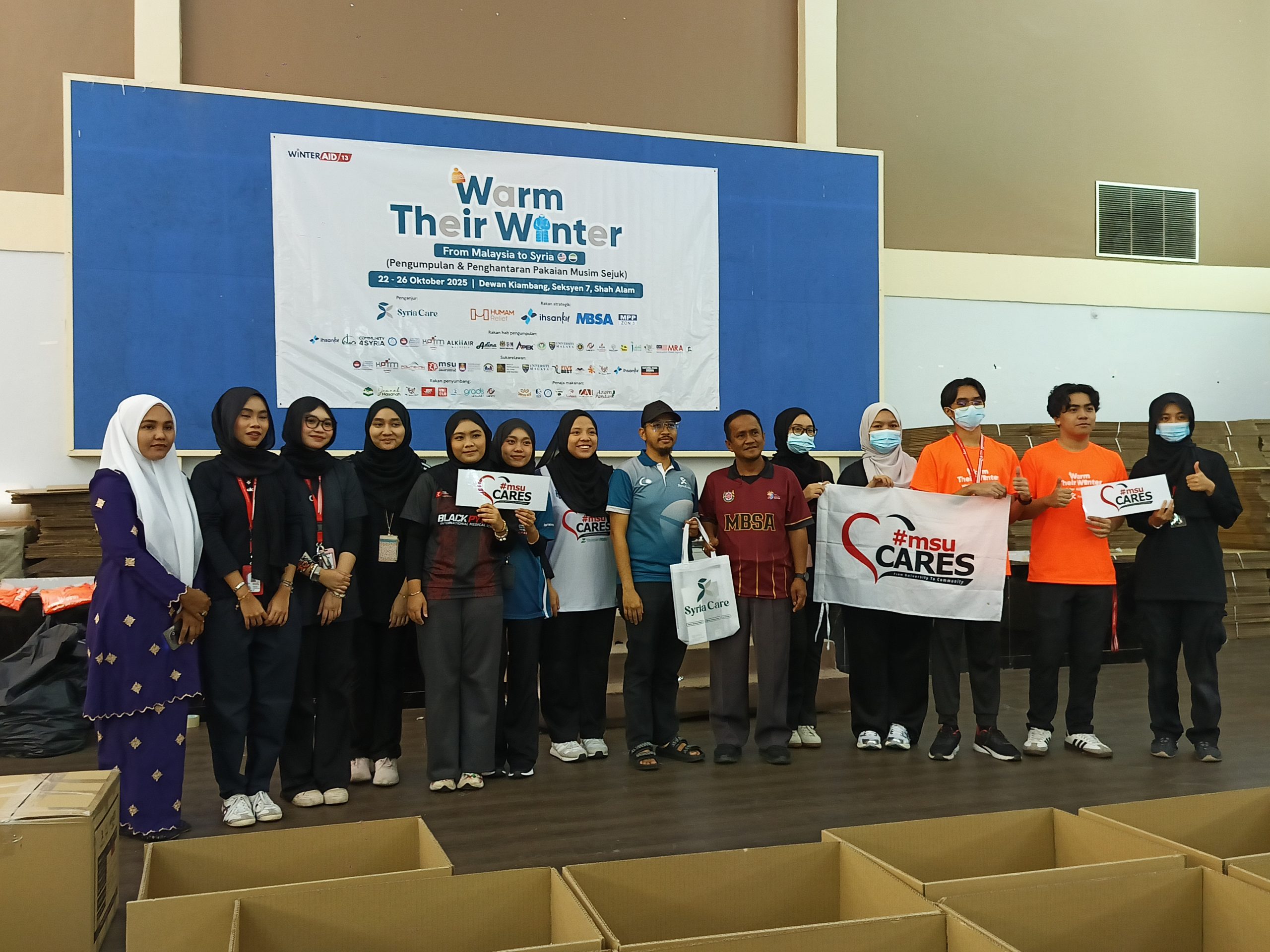Late nights, fast food, long working hours and little to no exercise have become the norm for many men. Although these habits may appear harmless, they are contributing to a worrying trend. According to the Malaysia National Cancer Registry Report 2017–2021, the lifetime risk of Malaysian men developing cancer has risen from 1 in 10 to 1 in 8, with colorectal, lung and prostate cancers being the most common.
While genetics play a role, lifestyle choices remain the biggest contributing factor. Dr Hafizah Zaharah Ahmad, Consultant Clinical Oncologist at Sunway Medical Centre Velocity (SMCV), explains that only five to ten percent of cancers are hereditary. For most people, daily habits—what they eat, how active they are and whether they go for regular screenings—make the most difference.
Modern lifestyles often encourage behaviours that quietly damage long-term health. Prolonged sitting, processed foods and limited physical activity have become part of daily life. Over time, these patterns lead to obesity, which promotes chronic inflammation and increases insulin levels. These changes can harm cells, disrupt hormones and create conditions that encourage tumour development. Diets high in processed foods and saturated fats worsen this risk, especially when paired with physical inactivity. Despite early signs, many men ignore symptoms or assume they will resolve on their own.
This reluctance often stems from stigma rather than a lack of awareness. Many men view medical consultations as a sign of weakness, particularly when it comes to sensitive issues involving urinary or reproductive health. Consultant Urologist at SMCV, Dr Goh Cheng Hood, says this mindset has serious consequences. Some men avoid seeking help because they fear appearing weak, and by the time they decide to consult a doctor, their condition has already progressed. This limits treatment options and reduces the chances of full recovery. He emphasises that early detection can save lives and encourages men not to feel embarrassed about seeking medical attention.
The long-term impact of delayed action is reflected in the three most common cancers among Malaysian men: colorectal, lung and prostate cancer. Colorectal cancer often begins as small polyps in the colon, which can develop into cancer over five to ten years. Diets low in fibre, frequent intake of red and processed meats and a lack of physical activity increase this risk. Prevention, however, is possible through lifestyle changes and regular screenings.
Dr Hafizah highlights that colonoscopy is highly effective in detecting early-stage colorectal cancer. She notes that increasing intake of red meat by 100 grams per day and processed meat by 25 grams per day significantly increases risk. Reducing or avoiding these foods can lower cancer risk, and smoking further increases the likelihood of developing colorectal cancer.
Lung cancer remains one of the deadliest cancers for men, largely due to smoking, which exposes the body to thousands of carcinogens that damage DNA. Early symptoms—such as persistent cough or fatigue—are often dismissed, resulting in late diagnosis. According to the Malaysia National Cancer Registry Report 2017–2021, 95.4 percent of lung cancer cases are detected at an advanced stage.
Prostate cancer awareness is still low, and many cases are diagnosed only once symptoms appear. It often develops slowly and may resemble benign prostate enlargement, leading men to overlook early signs such as weak urine flow or frequent urination. Dr Goh explains that prostate cancer is more common in men over the age of 58 and in those who use testosterone supplements. Many patients remain asymptomatic in the early stages and only seek help once the cancer has spread, often presenting with bone pain or neurological symptoms. PSA blood tests allow early detection, long before symptoms appear, enabling gradual monitoring and timely imaging when needed. Dr Goh recommends annual PSA testing from age 50, or age 40 for high-risk men such as those with family history, testosterone users or individuals carrying the BRCA2 gene. Early diagnosis and treatment can improve survival significantly, extending life expectancy by up to 15 years in 95 percent of early-stage cases.
Although cancer risk increases with age, many causes are preventable. Dr Hafizah stresses that prevention starts with simple, sustainable lifestyle changes. Eating more fruits, vegetables and whole grains while reducing processed and red meats helps reduce inflammation and supports healthy cell function. Avoiding smoking and limiting alcohol intake also protect the body by reducing DNA damage. She adds that even small steps—staying hydrated, exercising, sleeping well and managing stress—can make a meaningful difference.
Dr Goh reinforces the importance of regular health screenings. Men are encouraged to undergo annual check-ups that include tests for blood pressure, cholesterol, glucose, BMI and cancer markers. Colonoscopy every ten years from age 45, and low-dose CT scans for long-term smokers, can detect abnormalities before symptoms arise. Men should not wait for pain before taking action, as early detection makes treatment easier and improves outcomes.
Cancer among Malaysian men continues to increase, but awareness, early screening and healthier habits can significantly reduce risk. Detecting cancer early greatly improves the chance of successful treatment. Balanced eating, regular exercise, avoiding smoking and timely medical check-ups remain the most effective defences against colorectal, lung and prostate cancers. As Sunway Medical Centre Velocity continues its efforts to promote men’s health through multidisciplinary care and education, the message is clear: taking charge of your health today is the most powerful step toward a longer and healthier future.
Sunway Medical Centre Velocity is located at Lingkaran SV, Sunway Velocity. For enquiries, call +603 9772 9191 or email smcv-enquiry@sunway.com.my. More information is available at www.sunmedvelocity.com.my or on Facebook at Sunway Medical Velocity.










